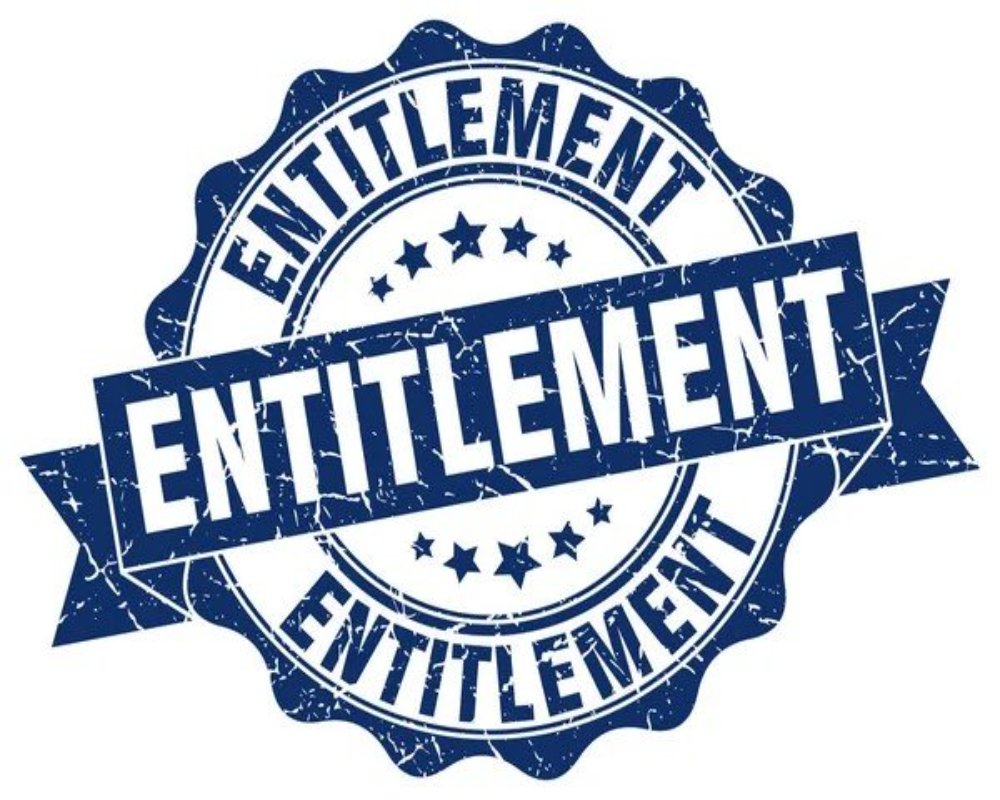Introduction
Industrial entitlement in land development refers to the legal rights, approvals, and regulatory clearances that allow a parcel of land to be used for industrial purposes. It is a foundational step in transforming raw or unzoned land into a legally recognized site for industrial activities such as manufacturing, warehousing, processing, or assembly. This process ensures that the land complies with zoning laws, environmental regulations, infrastructural requirements, and public safety standards. Industrial entitlement is not merely a bureaucratic formality—it is a structured validation that the proposed land use aligns with the region’s master plan, urban development goals, and legal framework.
Scope and Importance of Industrial Entitlement
Industrial entitlement involves a series of coordinated permissions from various government authorities. These include zoning verification, land use conversion approvals, environmental clearances, construction permits, utility access permissions, and sometimes public consultations. The purpose of securing these entitlements is to ensure that the industrial activity being proposed will not negatively impact the environment, infrastructure, or surrounding communities.
Securing industrial entitlement is essential for legal compliance, financing, construction, and operations. Investors and lenders typically require evidence of entitlement before committing capital to a project, as it ensures reduced regulatory risk and project feasibility. Entitlements also protect developers from future legal disputes or shutdowns due to non-compliance with land use laws or environmental standards.
Process of Obtaining Industrial Entitlement
The process begins with selecting a suitable site and verifying its zoning status under the local or regional master plan. If the land is not already zoned for industrial use, an application must be made for land use conversion. This step often involves submitting a project concept, environmental impact summaries, and infrastructure plans to urban development authorities.
Following land use approval, developers must obtain a series of technical and operational permits, including environmental clearance, fire and safety approval, construction permits, and access to essential utilities such as water, electricity, and drainage systems. Depending on the jurisdiction, this process may also include assessments by local planning commissions or public hearings to address potential objections from neighboring landowners or community stakeholders.
Challenges and Regulatory Considerations
Securing industrial entitlement can be complex, particularly in regions with dense regulation or overlapping jurisdictions. Delays in approvals, unclear land records, or inconsistent enforcement of land use policies can create significant challenges. Furthermore, environmental assessments and infrastructure commitments may require time and significant upfront investment.
To address these challenges, some countries and states offer special economic zones (SEZs), industrial corridors, or dedicated industrial parks where entitlements are pre-approved or streamlined. These zones are designed to reduce entry barriers and promote faster industrialization.
Conclusion
Industrial entitlement in land development is the process of legally authorizing land for industrial use by obtaining the necessary approvals and regulatory clearances. It is a critical phase that ensures the project adheres to planning regulations, environmental standards, and public safety norms. By formalizing the legal framework for industrial land use, entitlements not only protect the developer but also foster orderly growth, attract investment, and support sustainable economic development. For any industrial project to move forward successfully, securing comprehensive entitlements is a non-negotiable step in the development journey.
Hashtags
#IndustrialEntitlement #LandDevelopment #RealEstate #ZoningLaws #PropertyDevelopment #UrbanPlanning #LandUse #DevelopmentApproval #Infrastructure #SitePlanning #CommercialRealEstate #BuildingPermits #LandRegulations #EconomicDevelopment #SustainableDevelopment #RealEstateInvesting #PropertyManagement #LandAcquisition #DevelopmentProjects #EntitlementProcess


